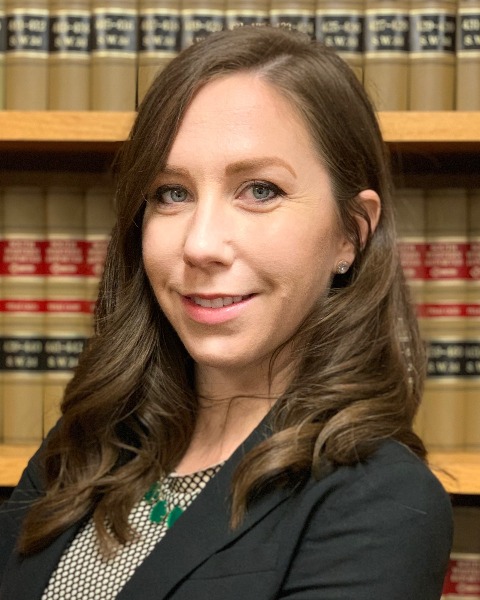Workshop
Marriott
Effective Collaboration Between Prosecutors and Mental Health Expert Witnesses (Part 1)
Tuesday, August 8, 2023
1:45 PM - 3:00 PM CST
Room: Preston
CE: 1.25
150 minutes (Part 1 & 2)
Intermediate
Prosecutor, Therapist
Intermediate
Prosecutor, Therapist
- ED
Elena Doskey de Lobón
Director of Clinical Training
Dallas Children's Advocacy Center 
Emily Antram
Assistant District Attorney Felony Chief Prosecutor
Dallas County District Attorney’s Office
Primary Presenter(s)
Co-Presenter(s)
While attorneys and law enforcement play principal roles in the effective prosecution of child abuse cases, utilizing an expert witness in the area of mental health to articulate the nuances of child abuse dynamics and educate the jury on these matters can enhance the prosecution’s case. However, many mental health professionals dread the possibility of testifying in court. Prosecutors struggle to communicate their adversarial position and to constructively utilize an expert in an area where they do not have a foundational education. And the prosecution rarely knows the defense’s precise area of attack before trial. Through collaboration, both professionals can come to an understanding of the goals of testimony, the applicable area of study, and the ethical boundaries of their professions to make testifying an enjoyable, effective tool in the courtroom. In Part-One, we will discuss the preparation process—both pre- and mid-trial— and review how we build communication so both professionals feel confident in their roles. In Part -Two, we provide a live demonstration of the preparation and testimony, including questioning by the prosecution and cross-examination by the defense.
Learning Objectives:
- Identify topics related to child sexual abuse dynamics salient to the effective prosecution of these cases
- Apply techniques for establishing and maintaining a relationship between the district attorney’s office and mental health professionals for successful expert testimony
- Develop more effective expert testimony and questioning in the prosecution of child abuse cases based on observing the live demonstration of the preparation and testimony
